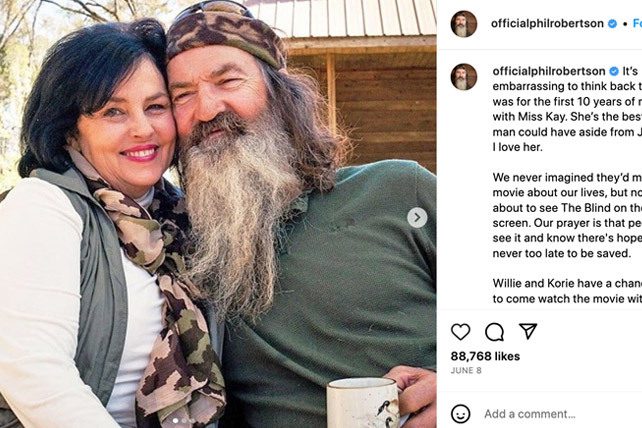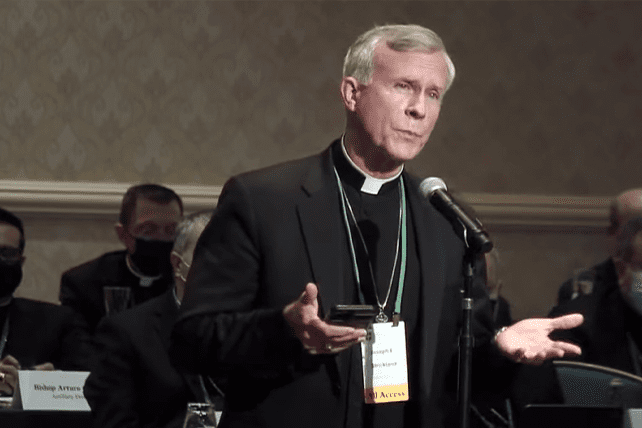As I was at the evangelism conference Amsterdam 2023, I was thinking back to an article I published on my old Christianity Today blog that I wanted to resurrect here in a brief two-part series.
Throughout the West, many denominations are in a state of plateau or decline—and have been for quite some time. Since 1987, almost every major denomination in the United States has fallen in its overall membership.
Some denominations, such as the United Church of Christ and The Presbyterian Church (USA) have experienced steady decline, waning by 52% and 58% respectively. For others, such as the Southern Baptist Convention and the United Methodist Church, the rate of decline has accelerated in recent years. But throughout the last several decades of falling membership numbers among Protestants, one consistent outlier has bucked the trend:
Pentecostals.
Why aren’t Pentecostals following the same pattern of other denominations?
It’s worth noting that Amsterdam 2023 was set 40 years after Billy Graham gathered global evangelists at his first Amsterdam summit—in the same facilities we met in. In some ways, Pentecostals and other Spirit-filled Christians are picking up where evangelicals have struggled—reaching the world for the gospel.
We see that in the United States as well. The Assemblies of God (AG), the world’s largest Pentecostal denomination, has enjoyed sustained growth for decades, growing 51% in the same time period in which the UCC and PCUSA declined by a near-identical percentage.
Of AG growth, researcher Ryan Burge observes:
Compared to the two largest Protestant denominations in the United States—the Southern Baptist Convention and the United Methodist Church—the Assemblies of God has always been outnumbered. In 2005, there were about 16.3 million Southern Baptists in the US, by the denomination’s own tally, and nearly 8 million United Methodists. At the time, the Assemblies of God reported 2.8 million members.
However, between 2005 and 2019, both the Southern Baptists and the United Methodists reported a membership decline. In 2019, there were 14.5 million Southern Baptists, down 11 percent. The United Methodists reported a total of 6.5 million members in 2019, down 19 percent. Meanwhile, the Assemblies of God grew over 16 percent to nearly 3.3 million members.
He adds that out of the past 40 years of reporting adherence statistics, there have only been three times in which the AG has not reported annual growth. Other Pentecostal denominations have also reported steady growth in recent years. (It’s also worth noting that, when we hear that Southern Baptists are declining due to their demographic location, much of the Assemblies of God is growing in that same location.)
But while Pentecostal growth in the United States has been impressive, it represents only a fraction of the movement’s growth worldwide. In 1900, there were less than one million Pentecostals and charismatics in the world. Today, there are over 650 million, representing between 25-30% of global Christianity.1
Inevitably, one of the most asked questions is, “In a time when the Western church seems to be declining in many areas, how are they bucking the trend?”
There is likely not just a single reason that Pentecostalism is succeeding. Instead, there are a constellation of characteristics that lend toward its growth. Like a carefully prepared meal that’s taste depends on a number of ingredients, so too the worldwide Pentecostal phenomenon is likely because of a number of key ingredients.
The default Pentecostal explanation would likely attribute the growth to a movement of the Holy Spirit. I get that, and would affirm that as part of the reason. But that Spirit-led ethos has also cultivated several sociological and missiological characteristics that are necessary to consider.
Pentecostals Possess a Passionate, Personal Faith
From a statistical perspective, Pentecostals tend to be less “nominal” than other believers. “The Assemblies of God is not growing by adding lukewarm worshipers to its ranks and church roles,” Burge notes. “Instead, the data point to a denomination that is incredibly active in congregational life.”
The reason for this is obvious—the Baptism with the Holy Spirit.
The Baptism with the Spirit is a doctrinal and experiential mainstay, not only within classic Pentecostalism, but in much of the charismatic and third-wave Spirit-filled movements that can, together, be called the “continualist” or “Spirit-filled” movement.
Pentecostal believers and churches constantly emphasize spiritual practice and engagement that is deeply personal, which helps cultivate a more robust faith.
Stagnation is not as compatible with a real, Spirit-filled experience. The end result is that it’s harder to be a nominal Pentecostal, because the core commitments of the movement tend to weed out nominalism. Because of what is happening in church and the community of faith, people tend not to just hang around as casual observers. So it is not surprising that 57% of AG members attend church at least once a week, compared to 49% of Southern Baptists.
Either you join in it, or you move on. Many join. Movements populated by nominals are usually in decline. Nominals don’t populate Pentecostalism as readily, so it grows.
(The rise of political Pentecostalism in America in the past few years is something to consider, but that is beyond the scope of this brief article.)
1 Bryant Myers, “Engaging Globalization,” 198. See also, https://www.pewresearch.org/religion/2006/04/12/the-new-face-of-global-christianity-the-emergence-of-progressive-pentecostalism/



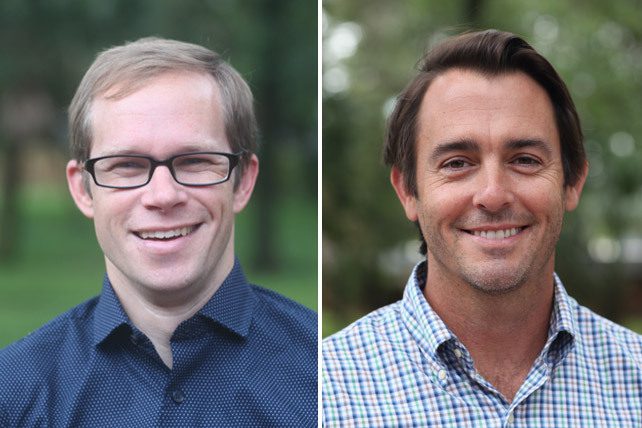


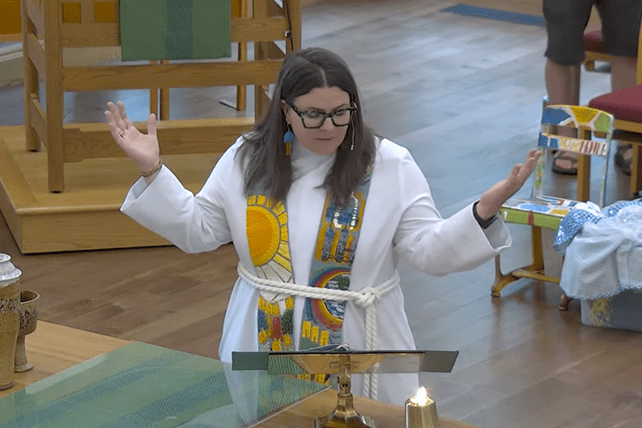
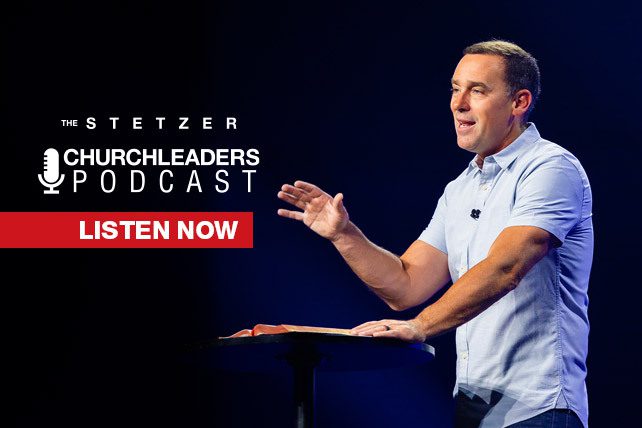
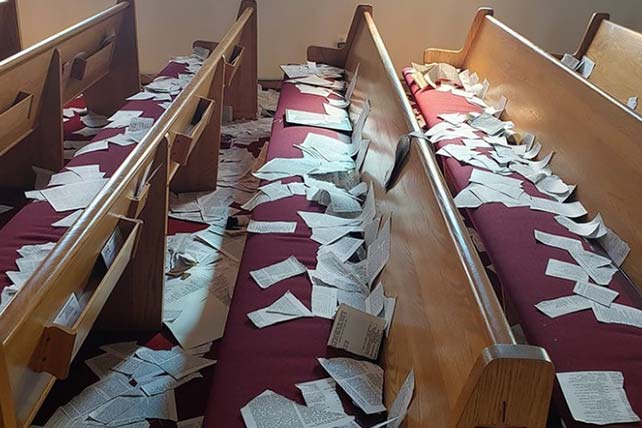
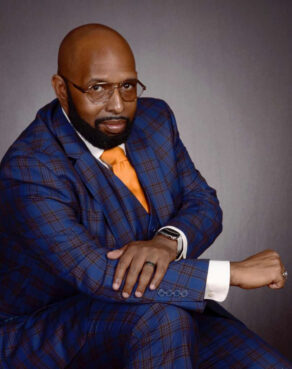
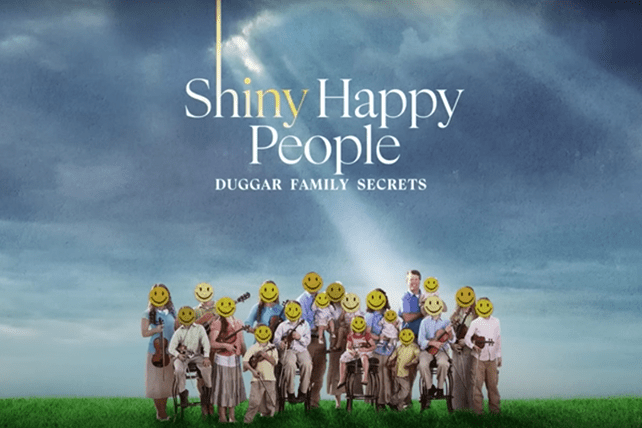

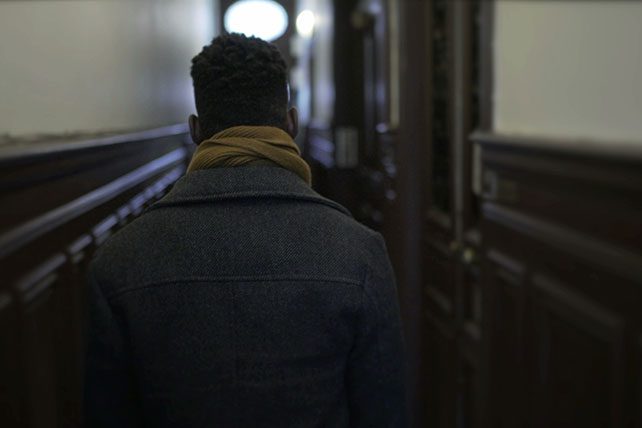




 There are three ingredients everyone needs to experience fulfillment long-term. And you can share them with others at no cost. In fact, offering these three ingredients will benefit you as well.
There are three ingredients everyone needs to experience fulfillment long-term. And you can share them with others at no cost. In fact, offering these three ingredients will benefit you as well.